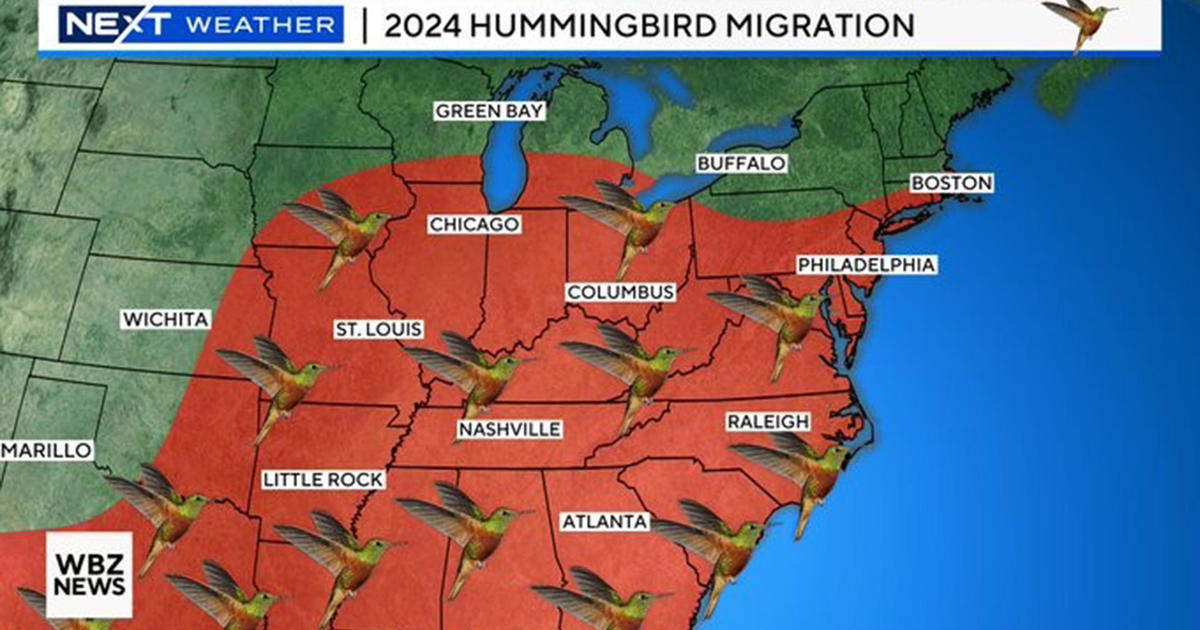Harvard Scientists Have New Theory About Comet 'Roughly The Size Of Boston' That Killed Dinosaurs
CAMBRIDGE (CBS) -- What exactly killed the dinosaurs - and where in the world did it come from? Two scientists at Harvard University have a new theory about the massive object that slammed into Earth 66 million years ago.
The "Chicxulub impactor," which left a crater off the coast of Mexico that spans 93 miles wide and 12 miles deep, was "roughly the size of Boston," astronomer Avi Loeb says in the video above.
A popular theory says the impactor was an asteroid from the main belt between Jupiter and Mars. But the composition of the crater suggests that's unlikely, and Loeb and astrophysics student Amir Siraj have put forth the theory that it was actually part of a long-distance comet coming from the edge of the solar system.
Their article titled "Breakup of a long-period comet as the origin of the dinosaur extinction" was published this week in Scientific Reports.
"We know that very few asteroids match this composition but both observational data and planetary system formation theories point to the possibility that this composition might be widespread amid long-period comets," Siraj said.
The massive comet from what's known as the Oort Cloud was bumped off its course by Jupiter's gravity and hurled toward the Sun, they believe. As it approached, a piece broke off and ended up colliding with Earth, causing the catastrophic impact.
Siraj and Loeb's calculations "increase the chances of long-period comets impacting Earth by a factor of about 10," Harvard said, which is why Loeb believes it is so important to keep a close eye to the sky.
"Asteroids are the biggest risk in the short term and therefore we should monitor the sky and make sure there is no big enough object approaching Earth in our life," he said.
Loeb recently authored a book in which he argued that alien space junk likely passed by Earth in 2017, suggesting that "we're probably not alone" in the universe.



